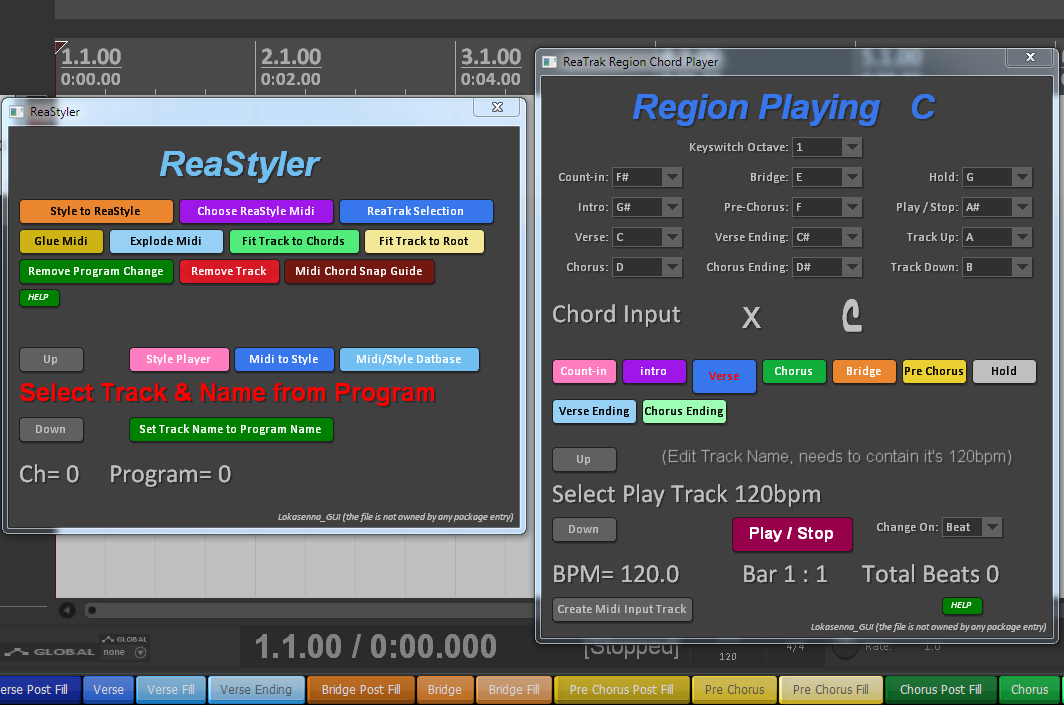This morning I watched a fascinating interview on the BBC with the singer/songwriter James Taylor, who’s apparently in the UK promoting his new album. Admittedly James is getting on a bit these days and it was pretty early in the morning but the gist of what he said was this:-
Back in the sixties, the whole attraction of music for young kids was that it allowed them to collaborate with other youngsters. He described working with the Beatles at Abbey Road and how it introduced him to talented musicians / producers / engineers etc. And how everyone wanted to hone their particular skill, primarily so they could impress the people around them. Back then, it was the same in most walks of young life - not just music…
The supposed ‘advantage’ of technology is that it allows people to get great results in their own bedroom. But because they’re not interfacing with anyone any more, young people don’t see much merit in developing a very difficult skill (there’s rarely anybody around to appreciate it). These days, they tend to want stuff that ‘just works’ without them needing to put in too much effort.
Perhaps there’s a lesson for Ardour here? Maybe C++ is simply too hard for modern youngsters and lua really is the best way forward now? It’d be interesting to know the average age of C++ programmers, compared to Ruby / Python / PHP and even Java - often described as the “gold standard” of modern programming languages. It’s certainly much more common now to find job opportunities for those kinda skills, rather than C++. And while C++ is still managing to hang on - it’s only just about managing…
So maybe the open-source aspect of Ardour isn’t (per se) it’s problem. For someone young and wanting to get into programming these days, maybe C++ is just seen as needing too much effort.

 ) even imagine what it would take to write a basic DAW, much less develop it to the point that we have now?
) even imagine what it would take to write a basic DAW, much less develop it to the point that we have now?

